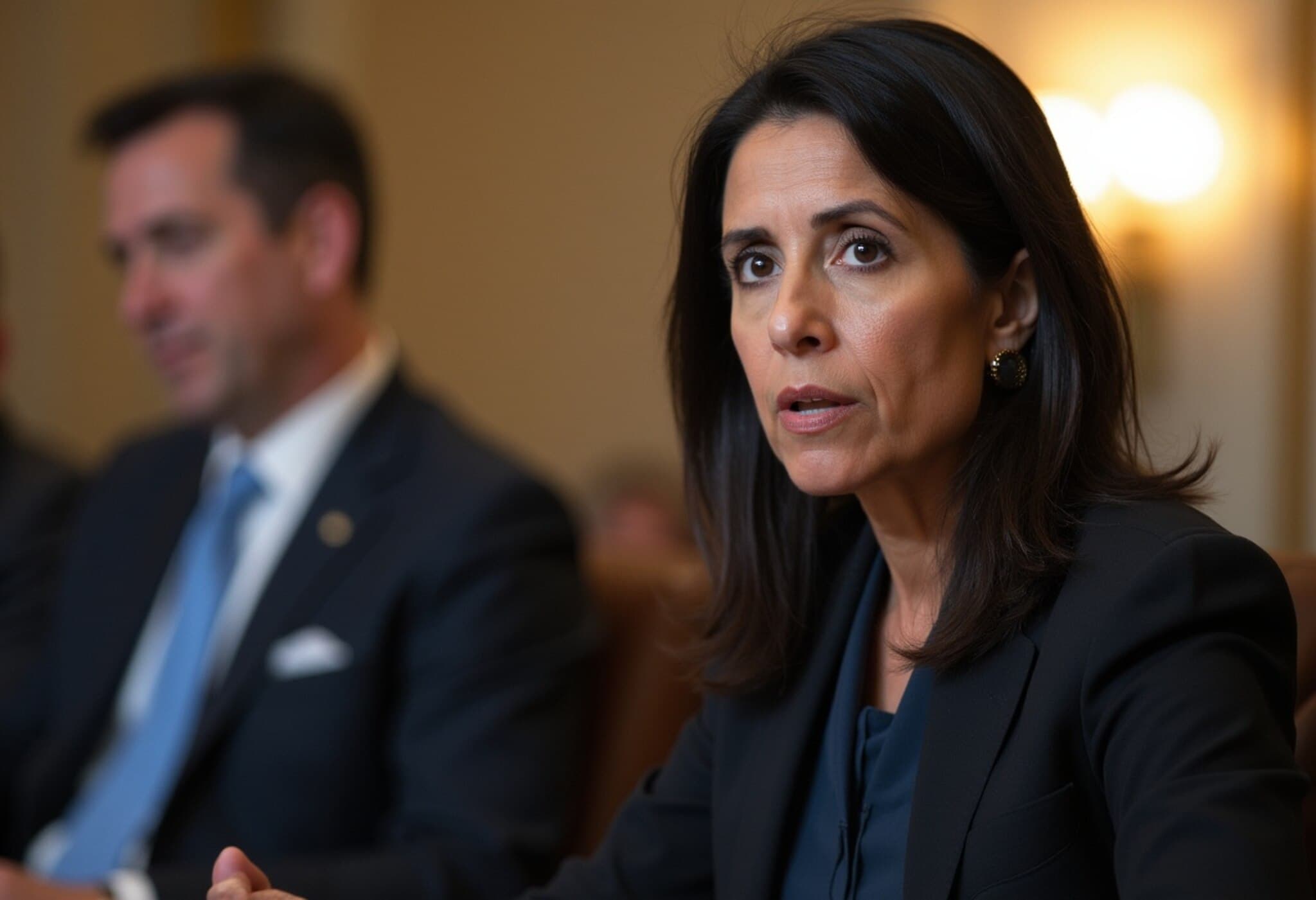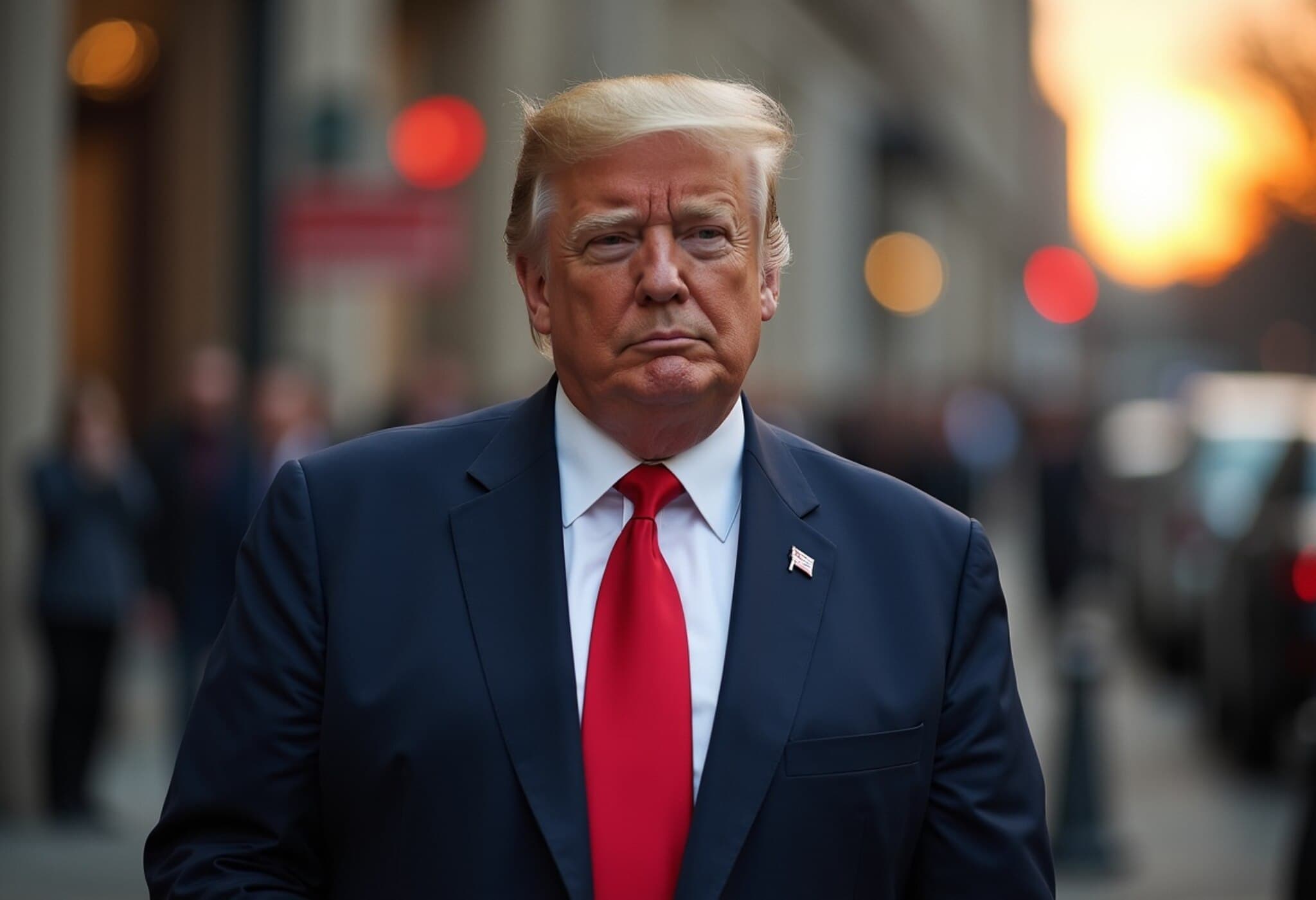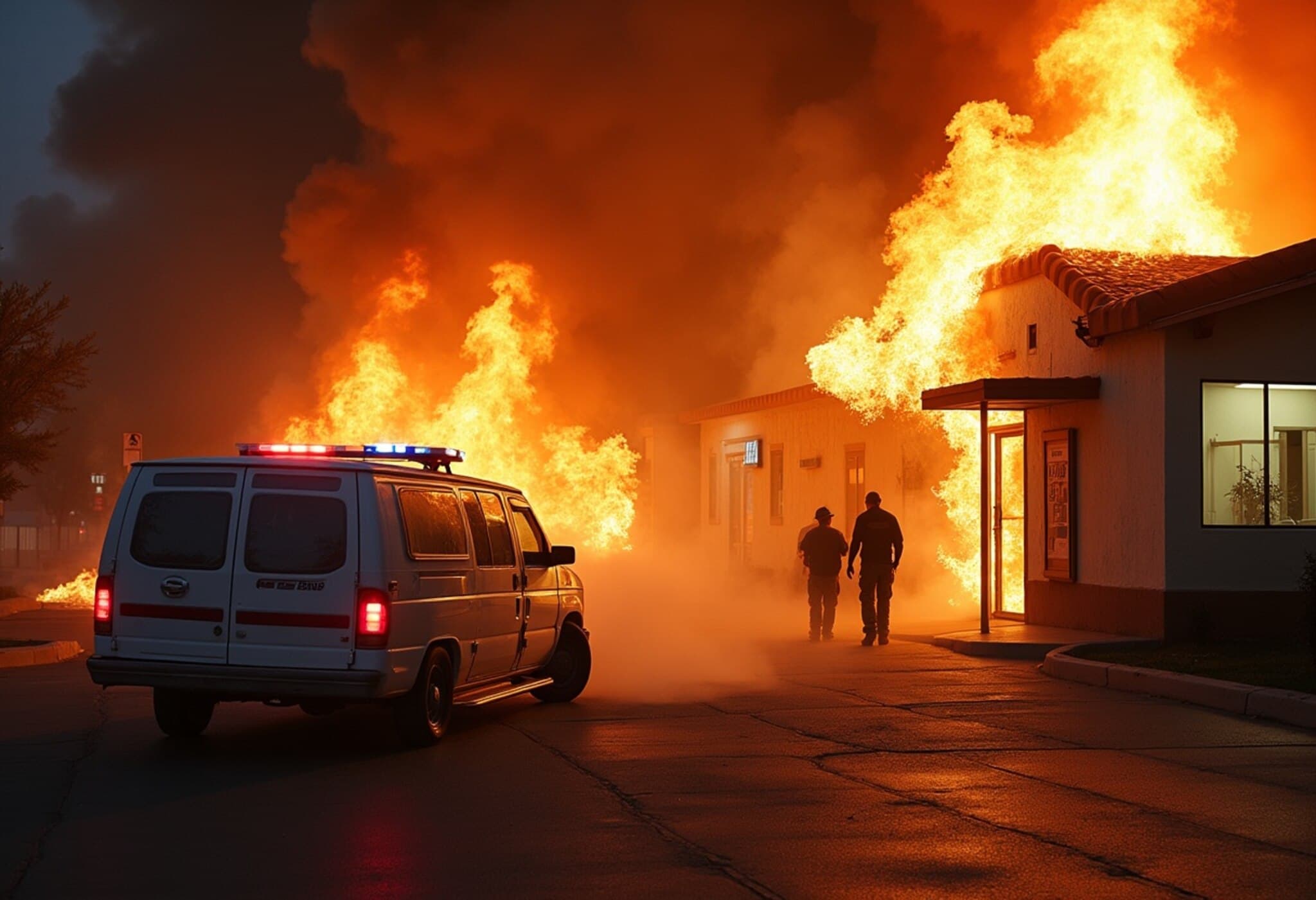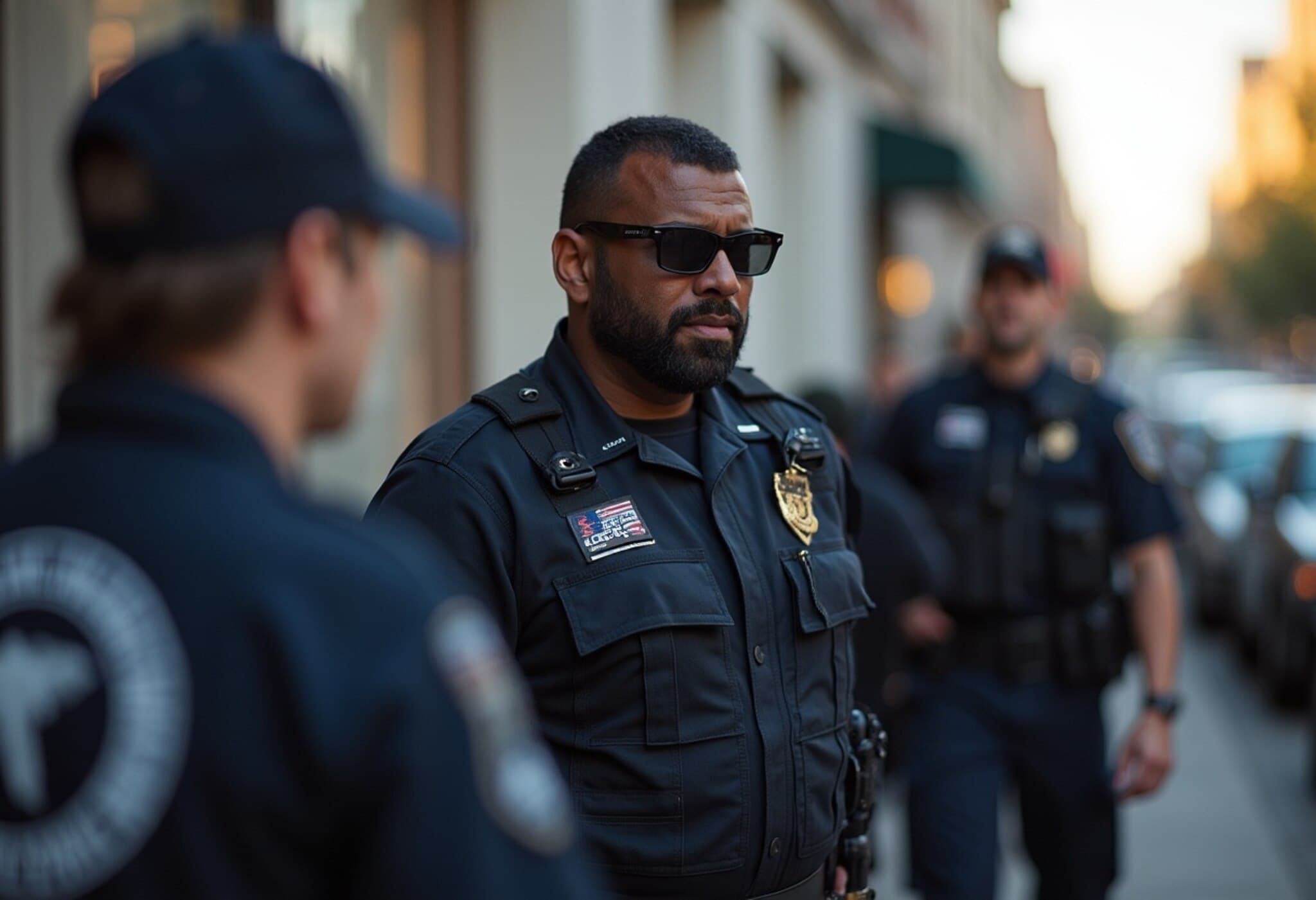FBI Detains California Resident for Alleged ISIS Funding
The FBI arrested 28-year-old Mark Lorenzo Villanueva, a permanent U.S. resident originally from the Philippines, in Long Beach, California, last Friday. Authorities allege he attempted to provide financial support to the Islamic State of Iraq and Syria (ISIS), a foreign terrorist organization legally designated by the U.S. government.
Details of the Case and Charges
According to statements from the U.S. Department of Justice (DOJ), Villanueva could face up to 20 years in federal prison for attempting to provide material support to ISIS. Investigations revealed that earlier this year, Villanueva maintained online contact with individuals claiming to be ISIS fighters through social media platforms.
In these communications, he reportedly expressed deep ideological alignment, stating, "It’s an honor to fight and die for our faith. It’s the best way to go to heaven. Someday soon, I’ll be joining."
Financial Transactions and Possession of Explosives
Over a period of five months, Villanueva is alleged to have sent 12 transactions totaling $1,615 via Western Union to intermediaries linked with ISIS overseas. More disturbingly, during the arrest operation, FBI agents discovered what appeared to be an explosive device in his bedroom. The FBI shared images of the device on their official social media channels, underscoring the seriousness of the threat.
Official Reactions and Context
"Mr. Villanueva is alleged to have financially supported and pledged his allegiance to a terror group that targets the United States and our interests around the world," remarked Patrick Grandy, Acting Assistant Director in Charge of the FBI’s Los Angeles Field Office. His words reflect ongoing concerns about domestic radicalization and its ties to global terrorism.
Broader Security Implications Within the U.S.
The arrest takes place amid intensified efforts by U.S. law enforcement to crack down on individuals allegedly supporting ISIS within the country. Earlier this year, another disturbing case involved Ammar Abdulmajid-Mohamed Said, a 19-year-old former Michigan Army National Guard member. Said was arrested for planning a mass shooting at a military base and was found to have pledged allegiance to ISIS.
Said had attempted to launch a drone near a critical Army logistics facility in Detroit’s suburbs and had allegedly offered to train undercover officers in handling weapons, assembling Molotov cocktails, and supplying armor-piercing ammunition.
He now faces charges similar to Villanueva's, amplifying the FBI’s ongoing focus on combating internal threats linked to ISIS sympathizers.
Understanding the Challenges of Domestic Terrorism
These cases highlight the persistent threats posed by domestic actors inspired by foreign terrorist organizations. Experts note that the accessibility of social media platforms has made radicalization easier, and financial channels like money transfer services can be exploited to funnel funds overseas.
U.S. counterterrorism agencies continue to adapt, emphasizing not just traditional intelligence gathering but also community outreach and digital monitoring.
What This Means for National Security
- Preventing material support is crucial in disrupting terrorist operations.
- Financial surveillance helps identify suspicious transactions linked to global terror networks.
- Collaborations between federal agencies and local communities are vital to detect early warning signs of radicalization.
Editor's Note
This arrest brings to light the complex nature of homegrown terrorism and its links to global extremist groups. While Villanueva’s case is a clear example of law enforcement successfully disrupting potential threats, it also raises critical questions about how communities and governments can stay ahead of evolving radicalization trends. As technology evolves, so too must our strategies for safeguarding public safety without compromising civil liberties. Vigilance, education, and informed community engagement remain key pillars in this ongoing fight.



















